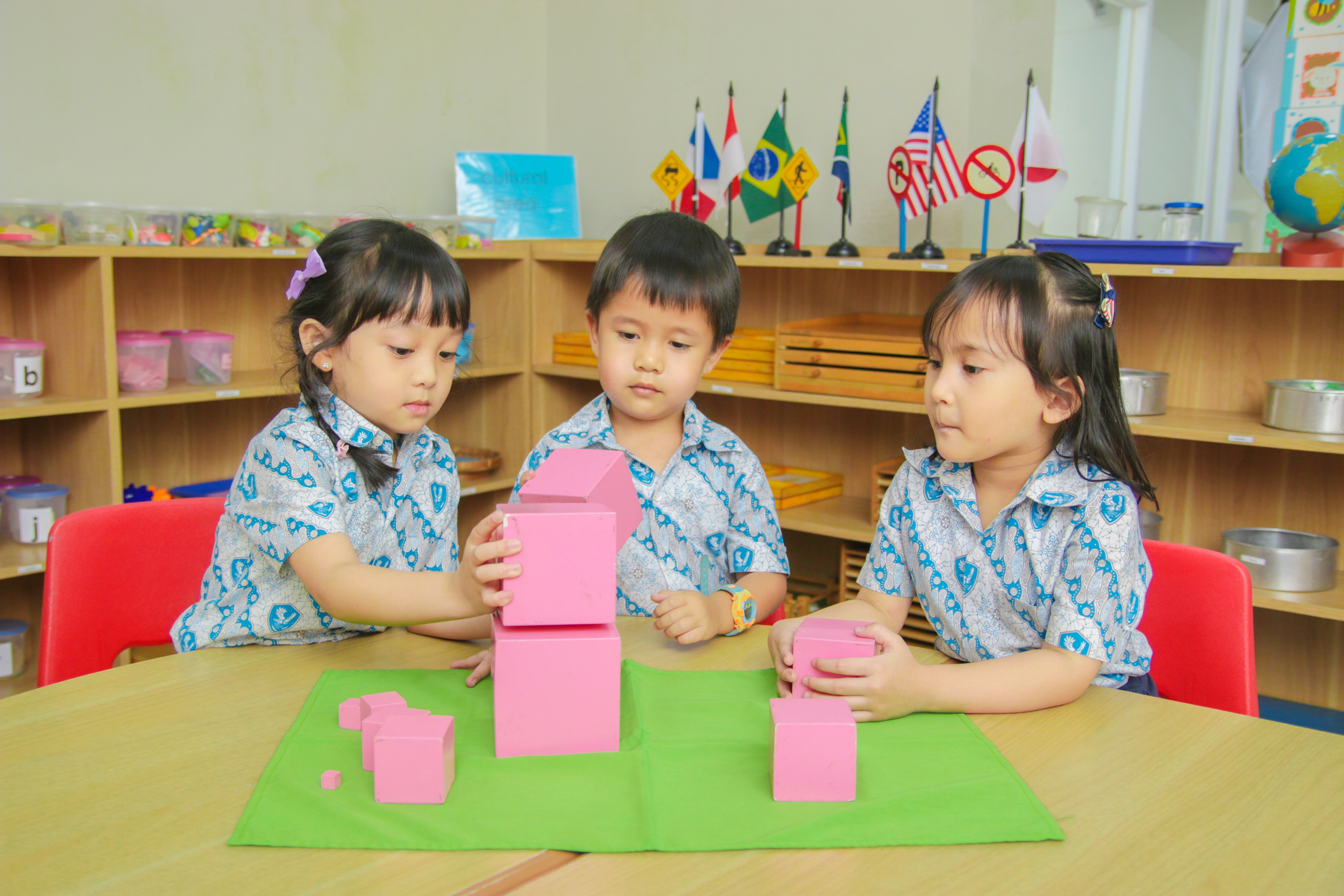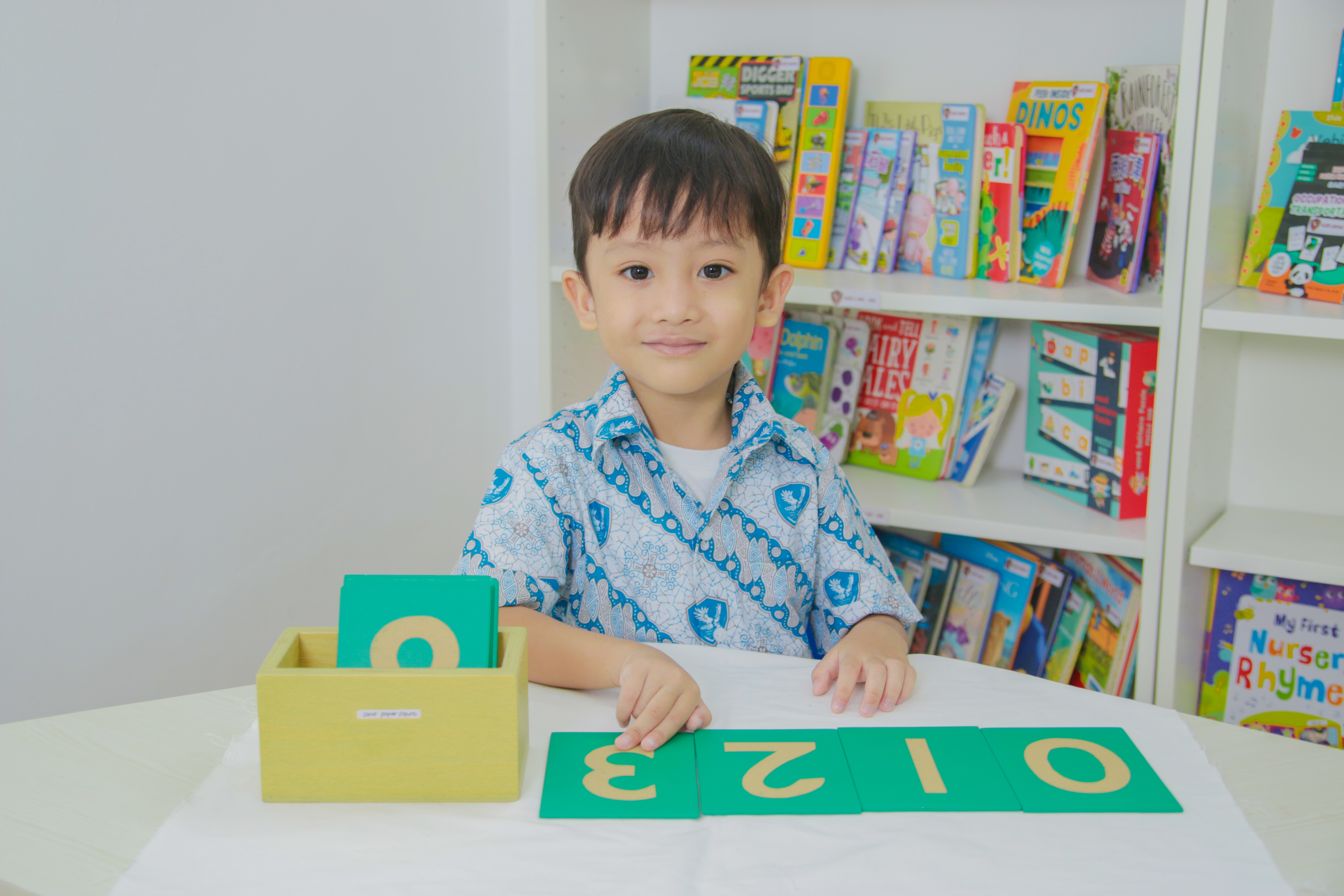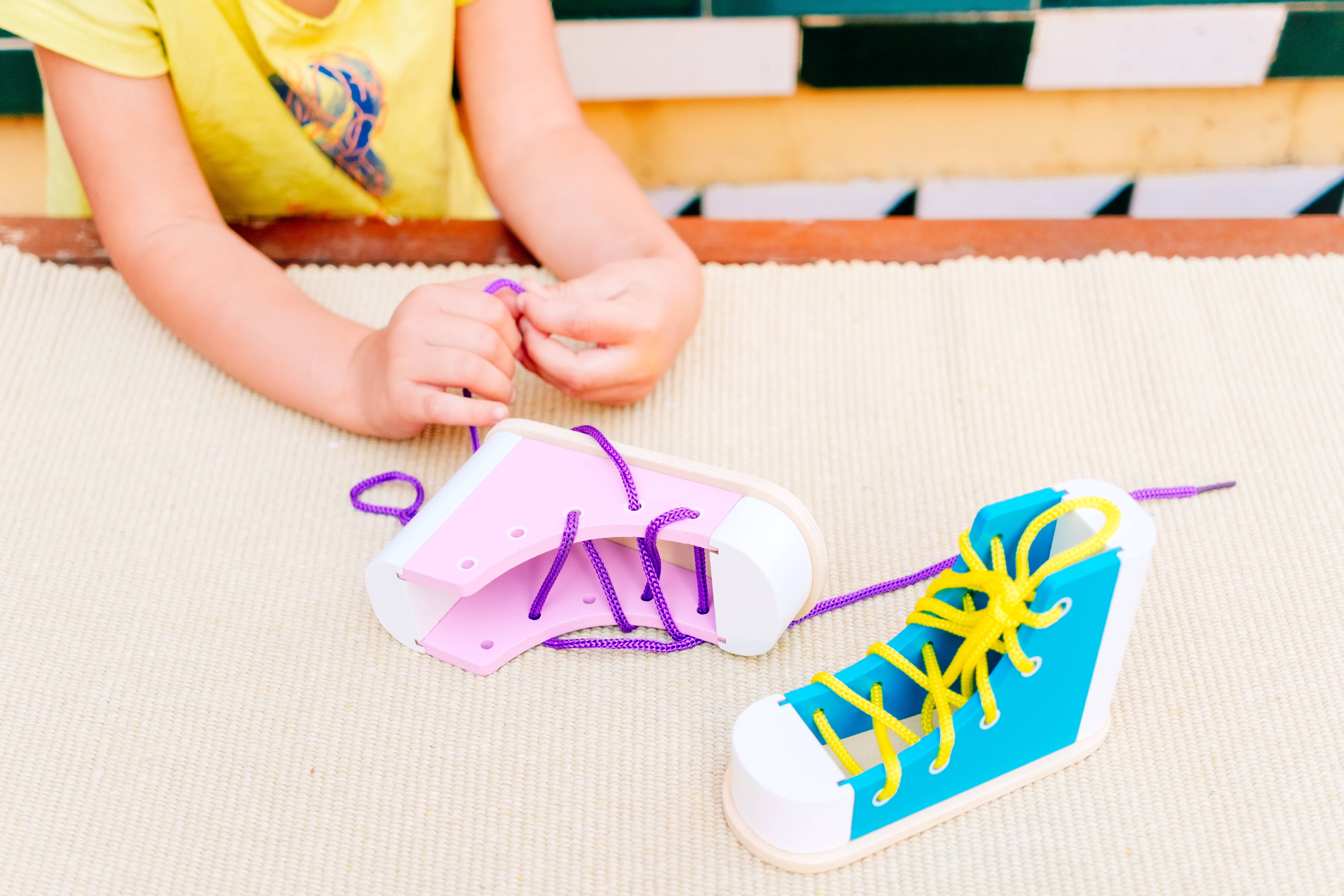A child's brain can be impressive and terrifying in how it absorbs and repeats information. Ideally, every parent wants to promote their children's brain development. Good thing that sensory play and brain development go together. The best way for children to learn is to actively engage with the world around them and use all of their senses to think, explore, and figure things out. Sensory play activities promote your child's development in a few crucial ways and are also fun for them.

Children develop new nerve pathways in their brains when they explore the world through their senses. The unique textures, tastes, sounds, and experiences they encounter expand their minds. Through trial, error, and experimentation, sensory play allows children to discover how the world works. Their senses and these scientific processes help them solve problems and complete complex tasks. For example, when kids use a measuring cup to pour rice into a container, they learn basic measurement skills while improving their fine motor skills.

Children are more likely to remember the information when they stimulate their senses while learning new letters, numbers, and words. Similar to when a particular smell or song brings back memories.

Through sensory play, children acquire a wide range of skills that they will carry with them for the rest of their lives. Besides learning math and problem-solving, your child can also develop social skills such as sharing and planning. Furthermore, sensory play helps them develop valuable motor skills like cutting, scooping, and pouring.

Children can be picky and resistant in trying new tastes and textures. Playing with sensory tools like jelly, sticky noodles, or grains of rice can help them grow comfortable with new textures, tastes, and experiences. By making the process fun, they are more likely to associate trying new things with good memories, and it also creates a safe space for them to explore scents, textures, and tastes without expectations.
Sensory play activities are fun for kids and valuable ways to encourage early childhood cognitive development. Children need sensory play to develop complex reasoning skills, learn new information, develop valuable life skills, and adapt to new situations.